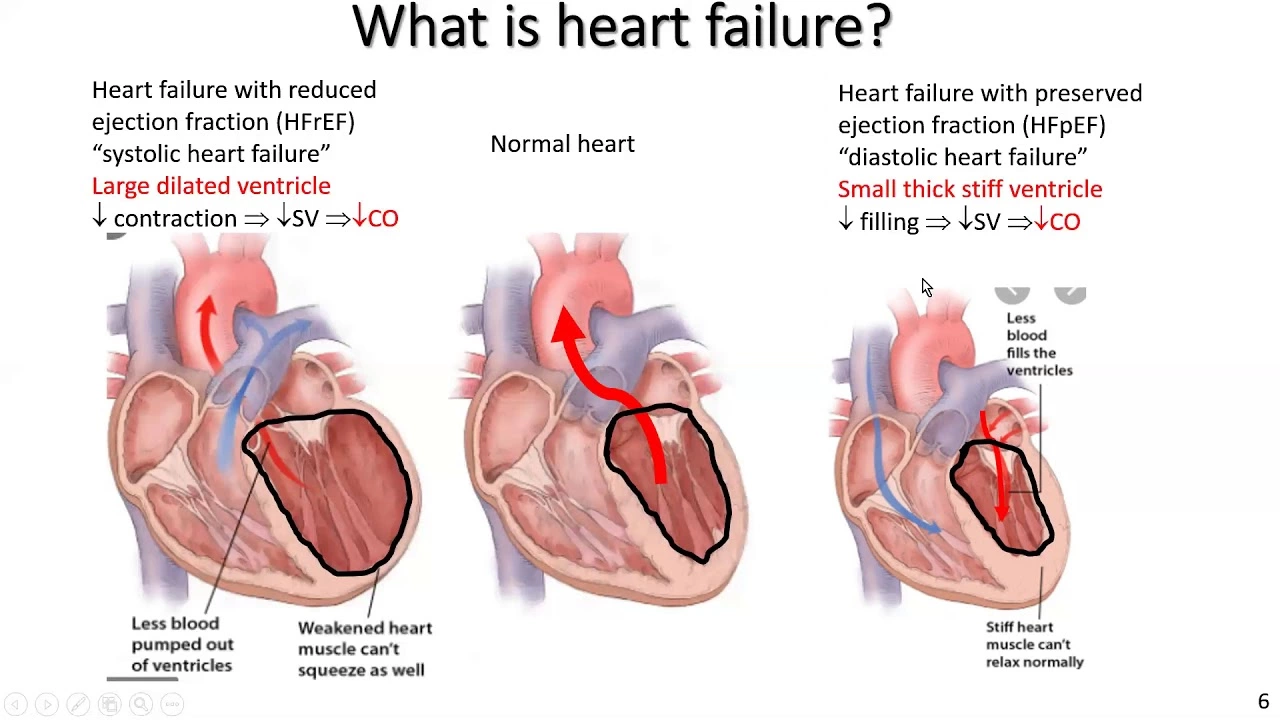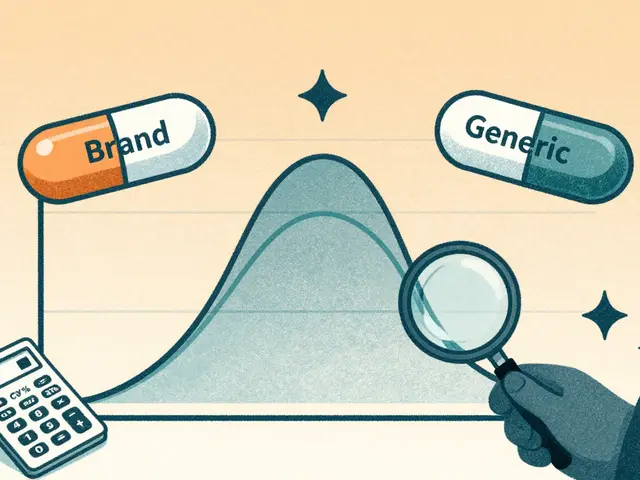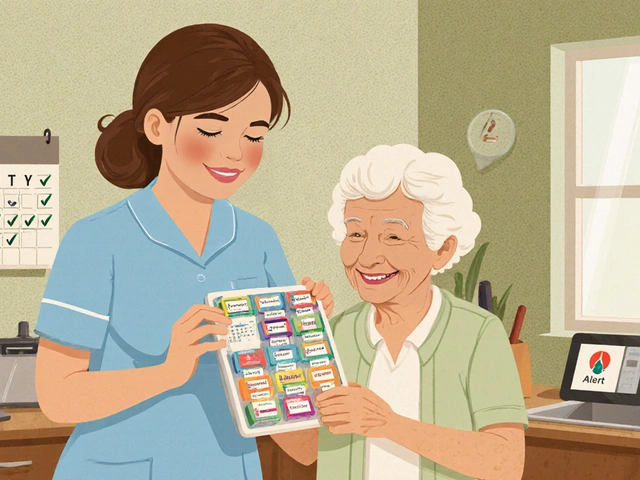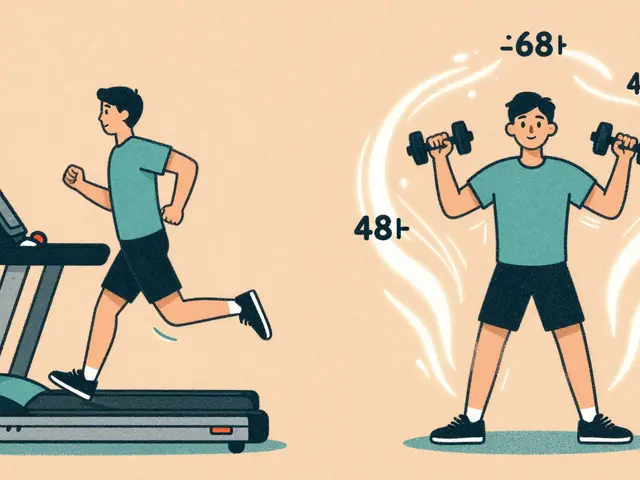Chronic heart failure: what to watch and how to manage
Chronic heart failure means the heart can't pump blood as well as it should. That can leave you tired, short of breath, and swollen in the legs. You don’t need medical jargon right now — you need clear steps you can use every day. Below are simple, practical things to know about medicines, daily habits, and warning signs that mean get help fast.
Medicines that matter (and common alternatives)
Your doctor will usually combine several drug types: ACE inhibitors or ARBs, beta-blockers, diuretics, and sometimes mineralocorticoid receptor antagonists or newer drugs like ARNI. A commonly used beta-blocker is carvedilol. If carvedilol isn’t right for you, articles on this site compare carvedilol substitutes such as labetalol, nebivolol and ARBs — useful if you want to discuss options with your cardiologist.
Diuretics (water pills) help control fluid build-up. Our Lasix (furosemide) guide explains how they work, common side effects, and safe use. If you take cholesterol meds, combining treatment like simvastatin and ezetimibe (Vytorin) sometimes appears in heart care plans — see our Vytorin guide for benefits and risks.
Quick tip: take medicines at the same time each day, keep a list of doses, and bring that list to appointments. If cost or supply is a worry, we have several articles about finding reliable online pharmacies and safe ways to order meds — read those before buying from any new site.
Everyday self-care and when to call your doctor
Small daily checks make a big difference. We recommend weighing yourself every morning after using the bathroom and before breakfast; a weight gain of 2–3 pounds (about 1–1.5 kg) in 24–48 hours can mean fluid is building up. Watch for sudden swelling, increased shortness of breath, needing to sleep sitting up, or trouble breathing at rest — these need prompt contact with your care team or emergency care.
Other practical habits: limit salt (read labels), stay active with doctor-approved walking or rehab, keep vaccinations up to date (flu and COVID), avoid smoking, and aim for consistent sleep. If you feel dizzy, faint, or your chest pain changes, seek urgent care.
If you want more detail, check our focused posts: "Best Carvedilol Substitutes for Heart Failure", "Lasix Uses, Side Effects, Dosage", and our guides to safe online pharmacies. These articles give straightforward comparisons and shopping tips so you can have an informed conversation with your cardiologist.
Remember: medications and lifestyle together slow symptoms and improve quality of life. Use daily monitoring, stick with prescribed therapy, and contact your clinician about any sudden changes. That’s the strongest, most practical way to manage chronic heart failure day to day.










